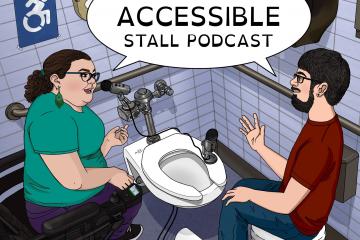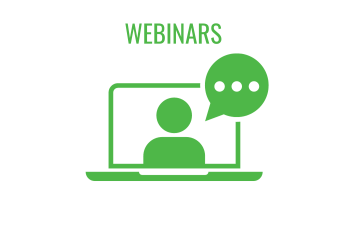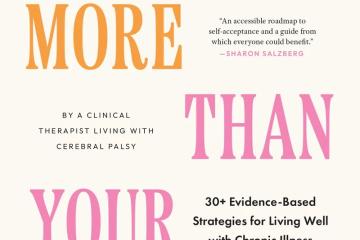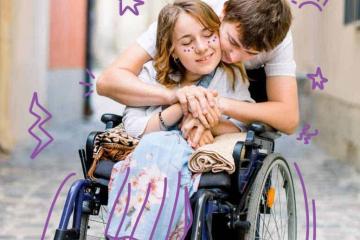Risky Behavior
All adolescents and young adults experience some peer pressure to engage in drinking or other risky behaviors. Adolescents with cerebral palsy engage in risky behaviors just like other teenagers.
You really can't make any assumptions based on someone's disability status. Sometimes when teenagers engage in risky behaviors, it comes as a total surprise to the parent. It's hard to know how to react in the moment, but in the moment, the first priority is safety. If you get a call from your child or a call from somebody else that your child has been drinking, the first priority is to go and pick them up and make sure that they're safe.
I don't recommend having an in depth discussion at that moment because it goes better usually the next day when you can fully express how upset you feel and go on to explain what your expectations are. It's important for parents to let their teenagers, with disabilities or not, understand what their values are and understand the rules in their house.
Some families find it helpful to sign what's called, a Contract for Life, or a Contract for Safety, with their child. The parent agrees not to yell in the moment and to have a conversation about it the next day. That's one way that adolescents and parents can create some zone of safety around drinking.
"It's important for parents to let their teenagers, with disabilities or not, understand what their values are and understand the rules in their house. "







